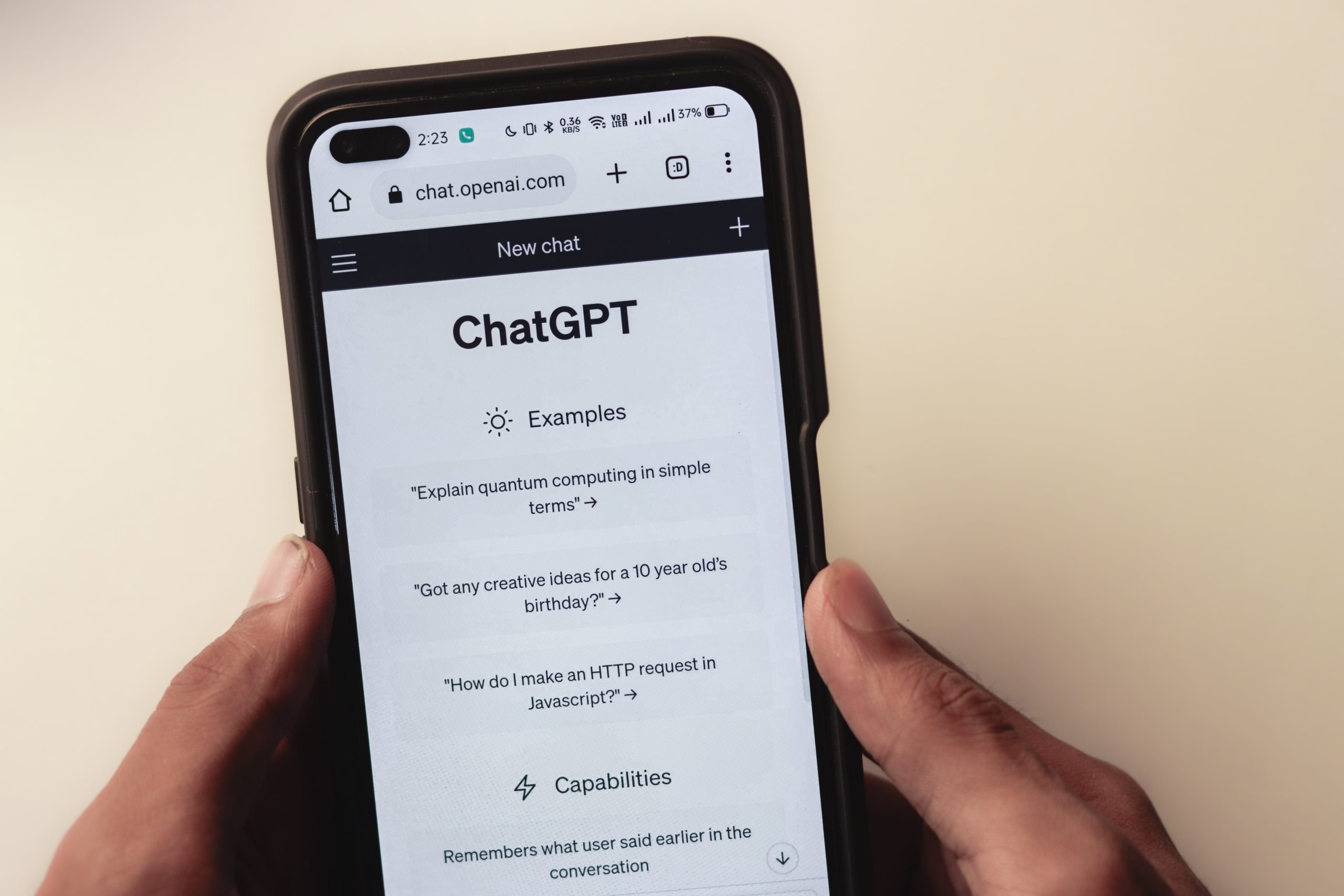Do you want your AI to follow the rules? That’s not as clear-cut as it seems.
You do want your AI to follow your instructions to not delete files. The Google Antigravity “vibe coding” tool achieved notoriety this week after wiping a developer’s entire D: drive instead of just clearing the cache. It said, “I am deeply, deeply sorry.” Google has promised to look into it.
On the other hand, Waymo self-driving cars in San Francisco have been notorious for meticulously following traffic rules and blocking traffic. Waymo just updated its software, giving its cars more of a New York taxi driver attitude. They no longer block traffic, but on the other hand, they now do illegal U-turns and illegal rolling “California stops” at stop signs just like humans.
Before you start getting a computer – whether deterministic or AI – to do a process, make sure you understand both how the process is documented and how it is actually done today.










